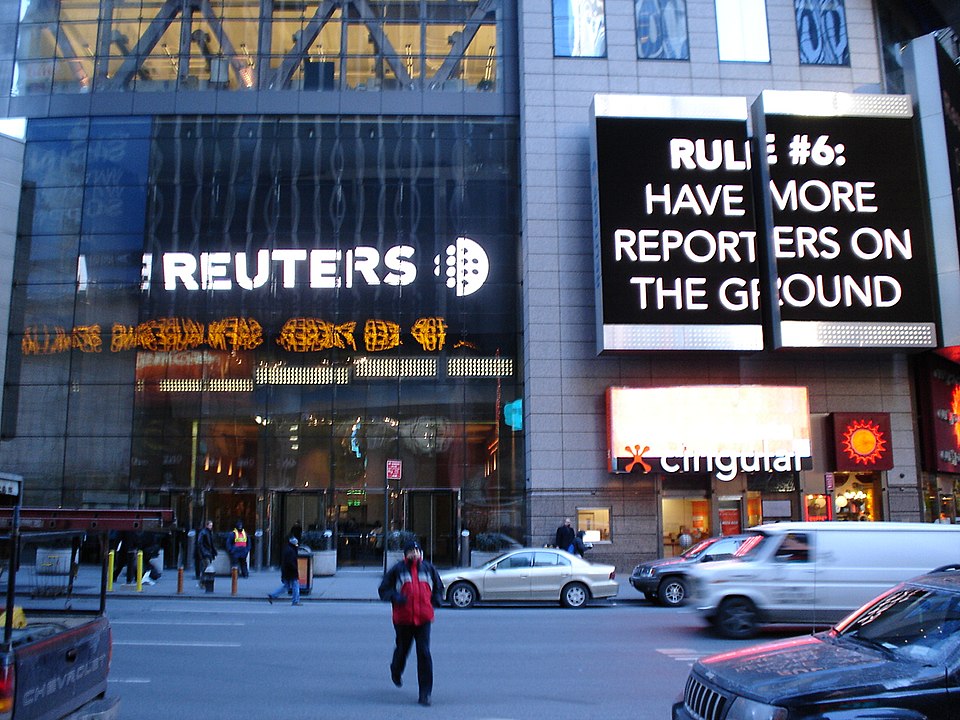
Rising global trade tensions, fueled by U.S. President Donald Trump's tariffs, are dampening UK business sentiment and set to slow economic growth, according to a recent Reuters poll of
economists. Despite the economic drag, the majority still expect the Bank of England to continue cutting interest rates at a steady pace—one cut per quarter.
All 25 economists who responded to an additional question in the April 16–23 survey agreed that U.S. tariffs have negatively impacted UK business confidence, with one describing the effect as “very negative.”
The poll followed Trump’s announcement of a 90-day delay on steeper tariffs targeting several major economies—excluding China, which faces increased duties. The UK faced a relatively low tariff of 10%.
Among those surveyed, 20 out of 45 economists reduced their 2025 UK growth forecasts. The median forecast dipped to 0.9%, down from 1.0% in March, marking the fourth consecutive monthly downgrade. Growth expectations for next year also fell to 1.2% from 1.4%.
“We expect tariff-related disruptions to business investment to mirror those seen during Brexit uncertainty,” said Gabriella Willis, UK economist at Santander CIB. She noted that businesses were already hesitant to invest due to rising employer payroll costs under National Insurance Contributions (NICs), and the new tariffs have only deepened that caution.
Business activity in the UK’s private sector also slowed significantly in April, marking its sharpest drop in over two years, according to a separate survey.
Adding to the bleak outlook, the International Monetary Fund this week lowered its UK growth forecast for 2025 to 1.1%, down from 1.6% in January—mirroring a broader downgrade for advanced economies.
“We currently expect only a modest GDP impact from the U.S. tariffs,” said Sanjay Raja, chief UK economist at Deutsche Bank. “However, indirect effects—especially reduced business investment—are likely to emerge.”
Despite these headwinds, inflation remains relatively stable. Economists forecast inflation peaking at 3.3% next quarter, below the BoE’s February estimate of 3.7%. Inflation is projected to average 3.1% in 2025 and 2.3% in 2026.
BoE Monetary Policy Committee member Megan Greene said the current tariff risks lean more toward being “disinflationary,” which supports a cautious approach to rate cuts.
The outlook for interest rates remains largely unchanged. Since starting its easing cycle last August, the BoE has trimmed its key rate by 75 basis points to 4.50%. Economists expect continued quarterly cuts, ending 2025 at 3.75%. Futures markets are currently pricing in roughly 100 basis points of additional cuts this year. Photo by Eternalsleeper at English Wikipedia.



































